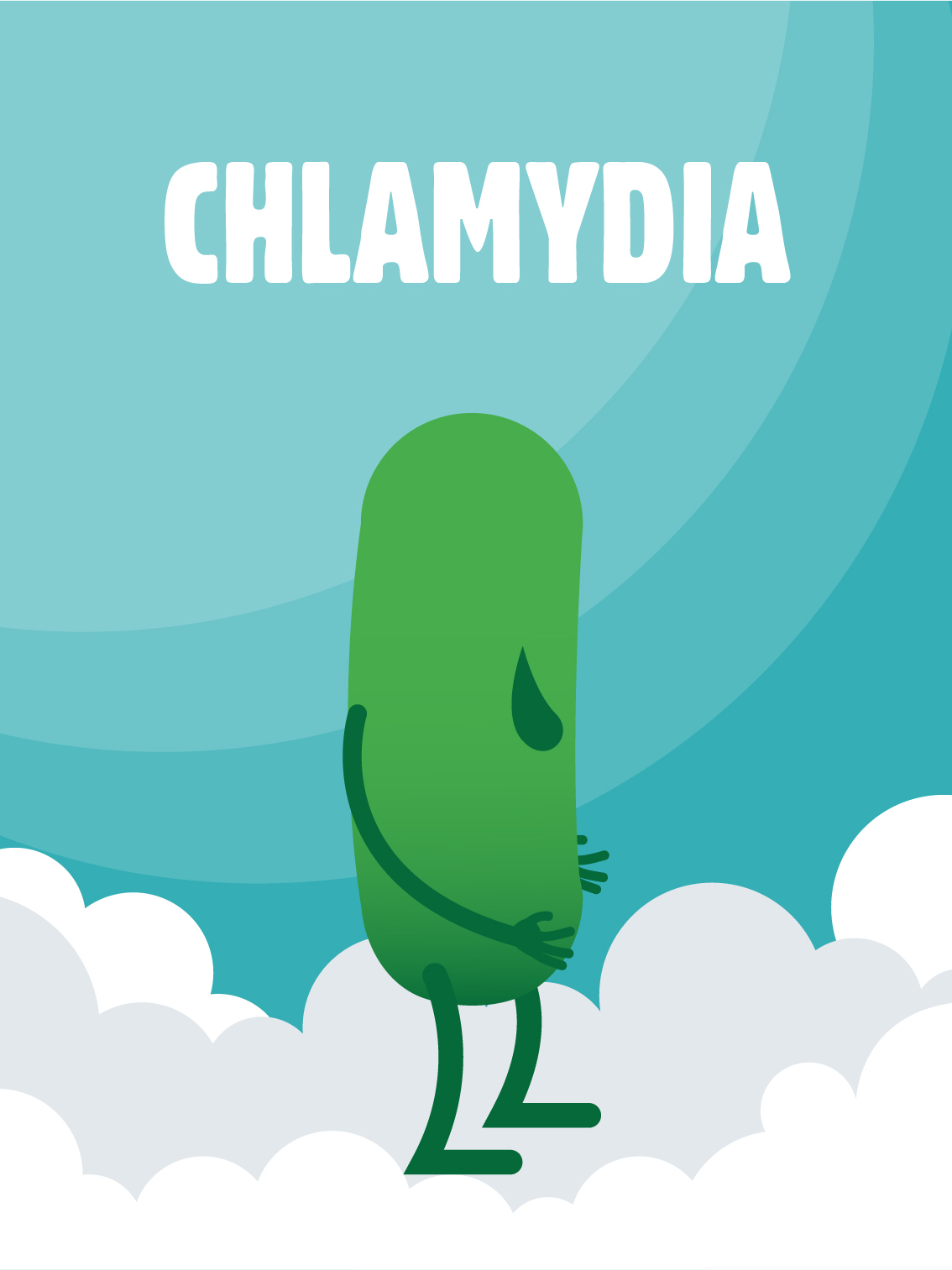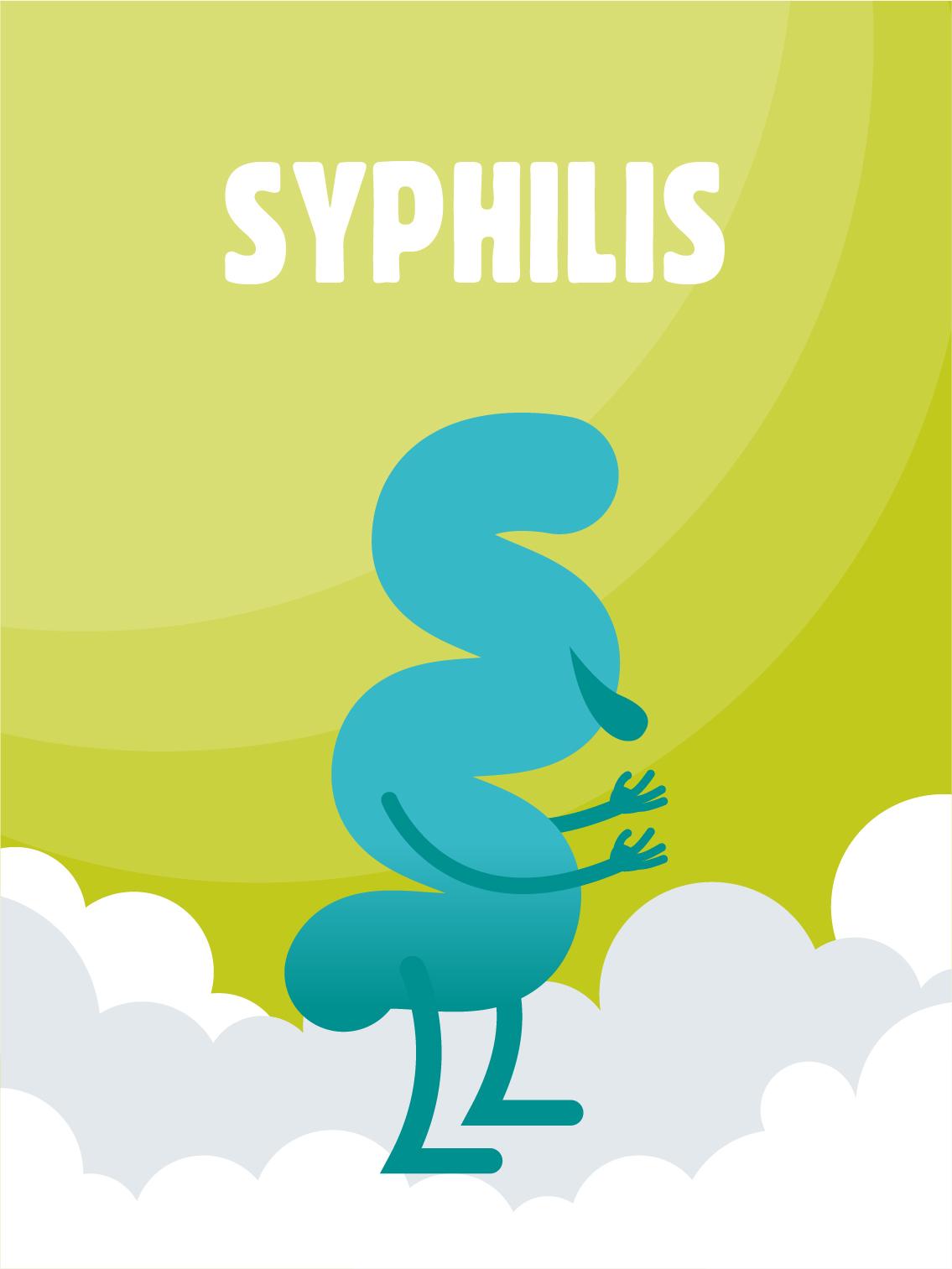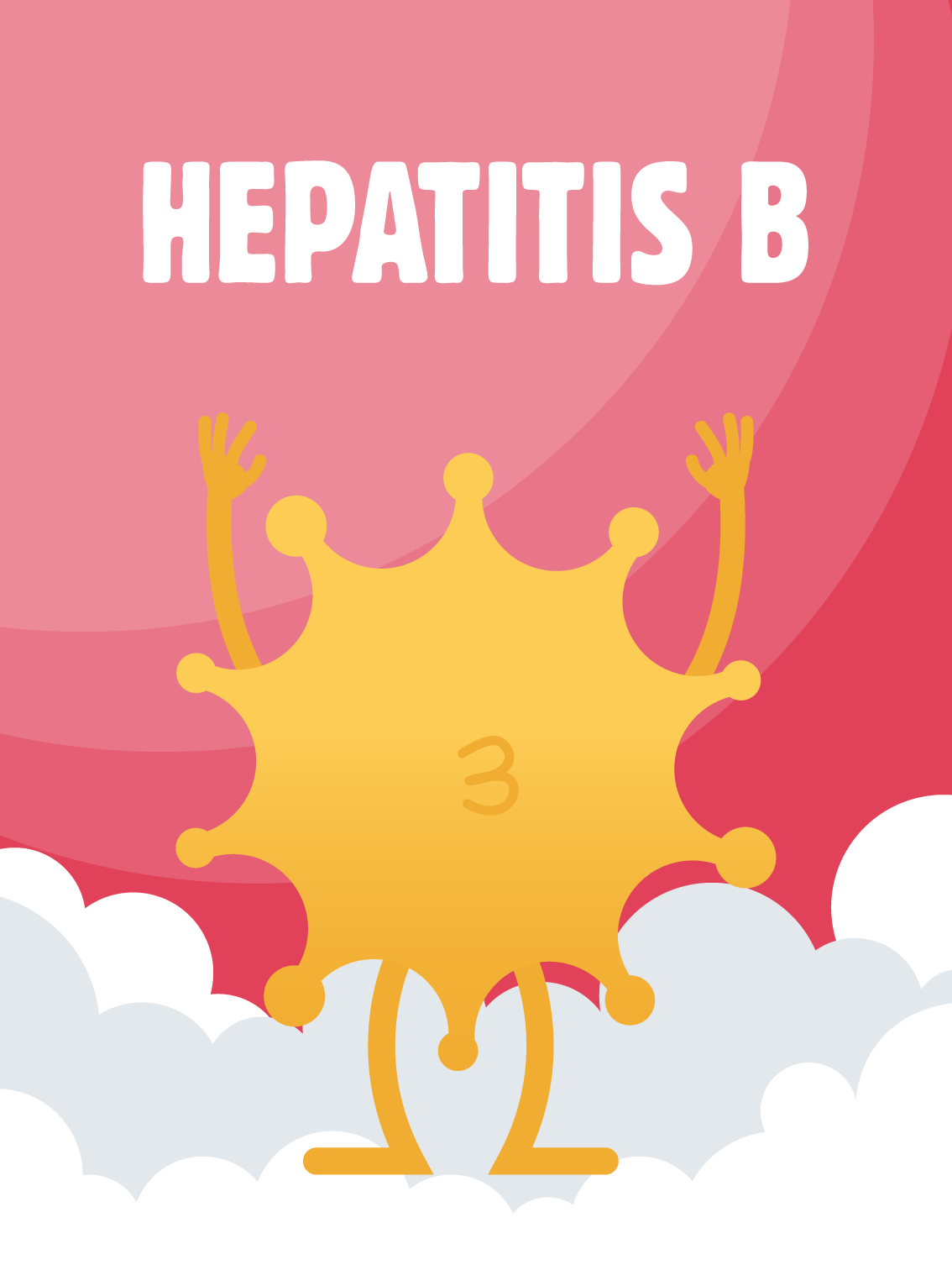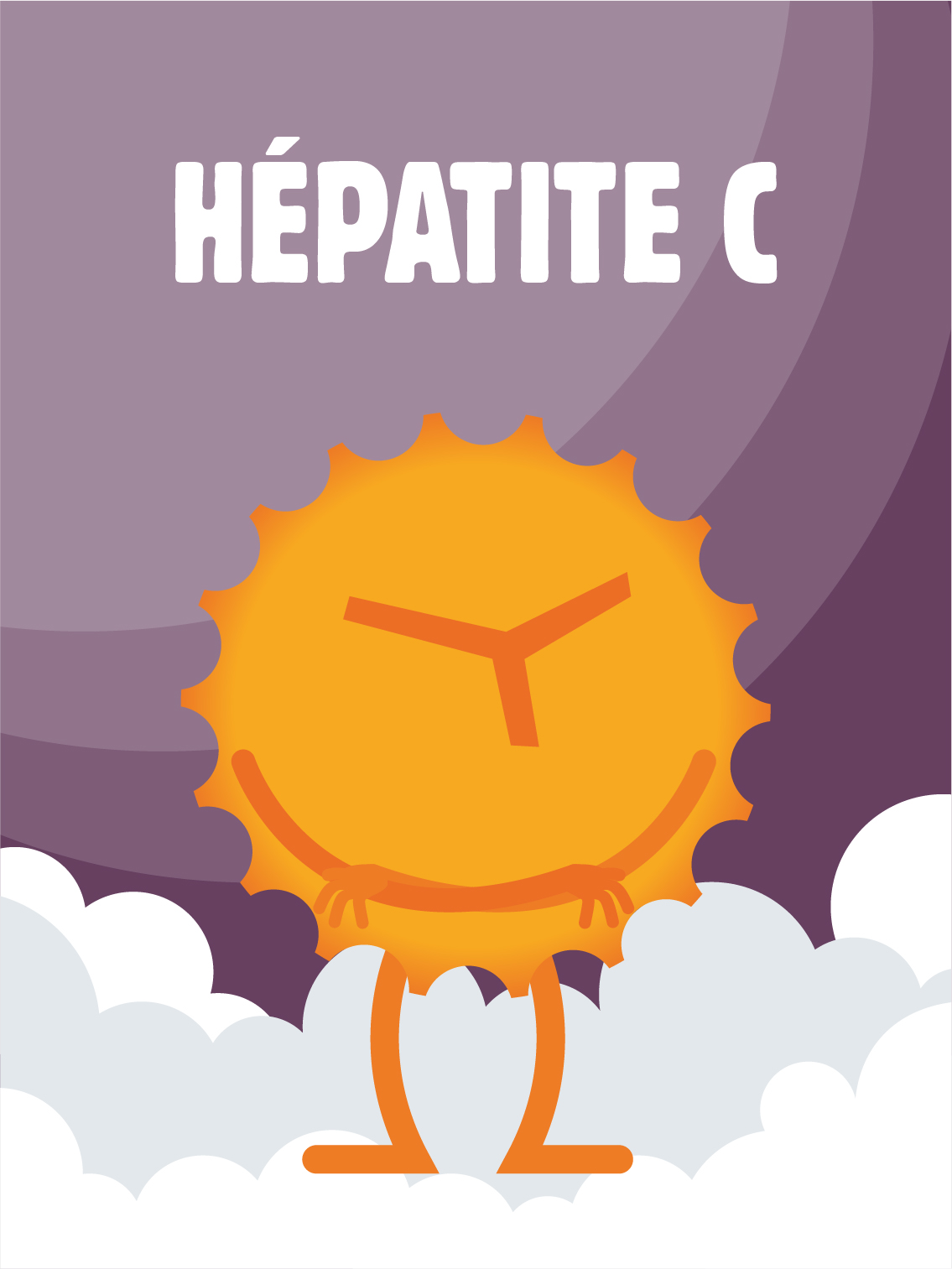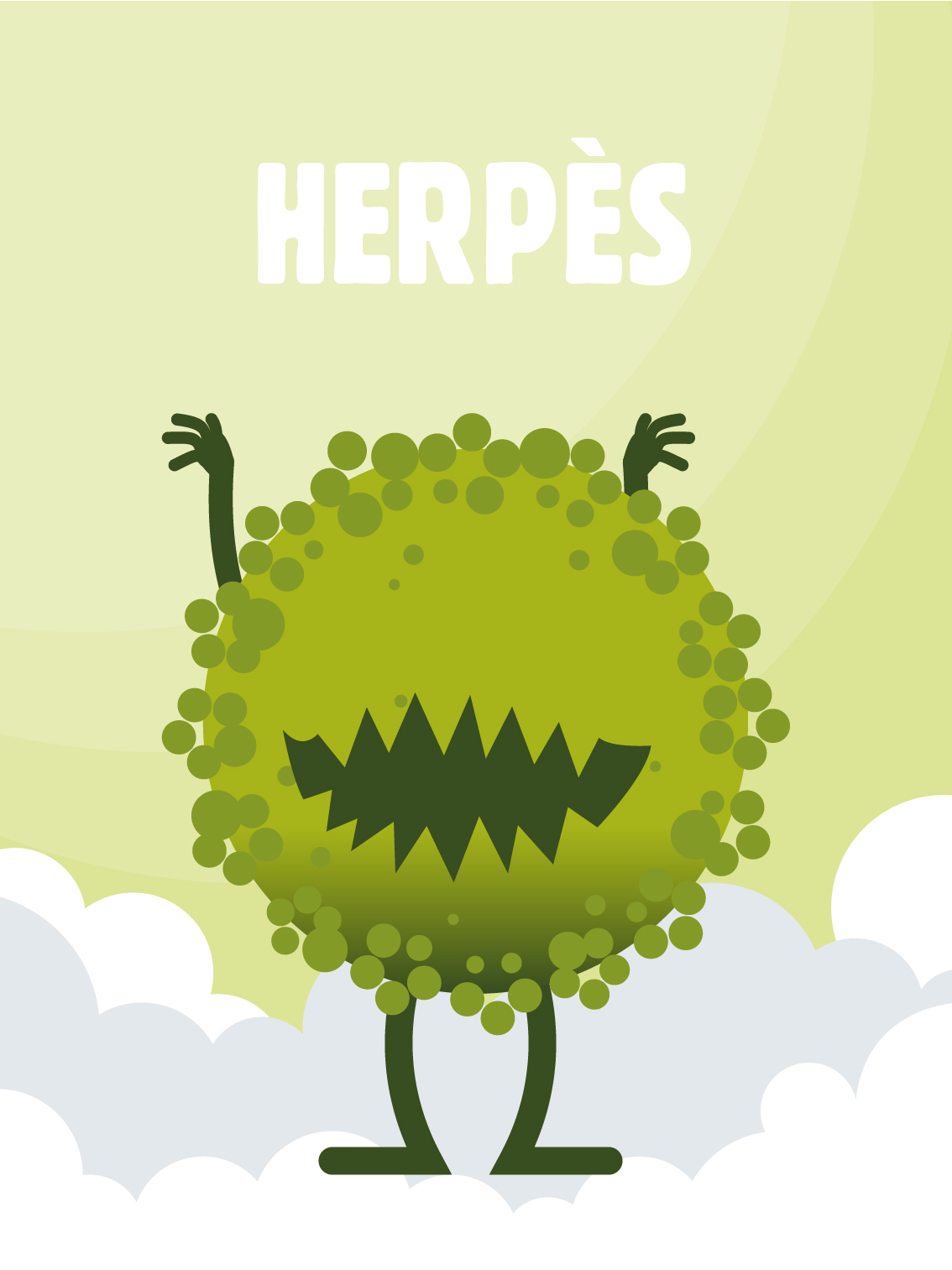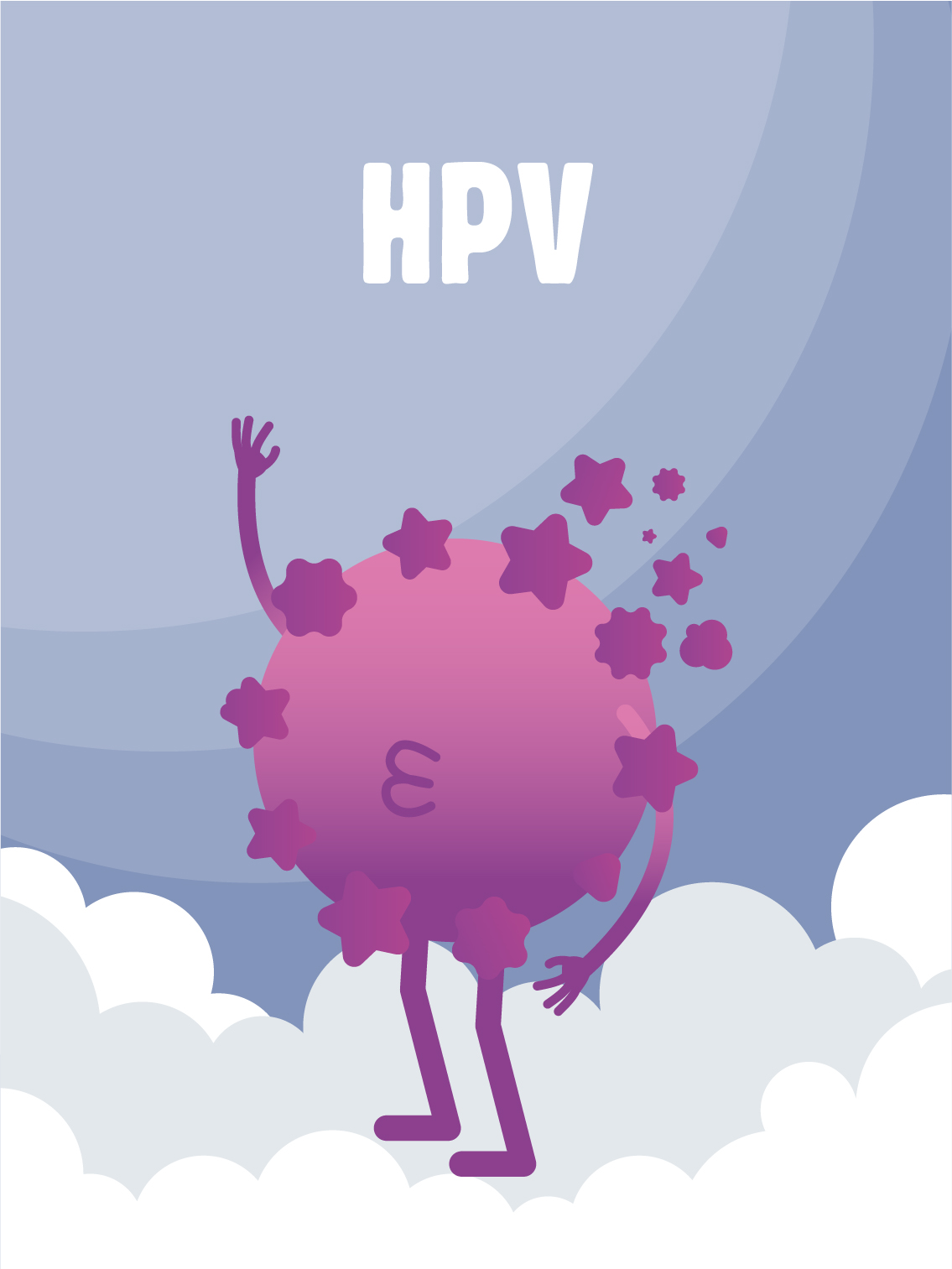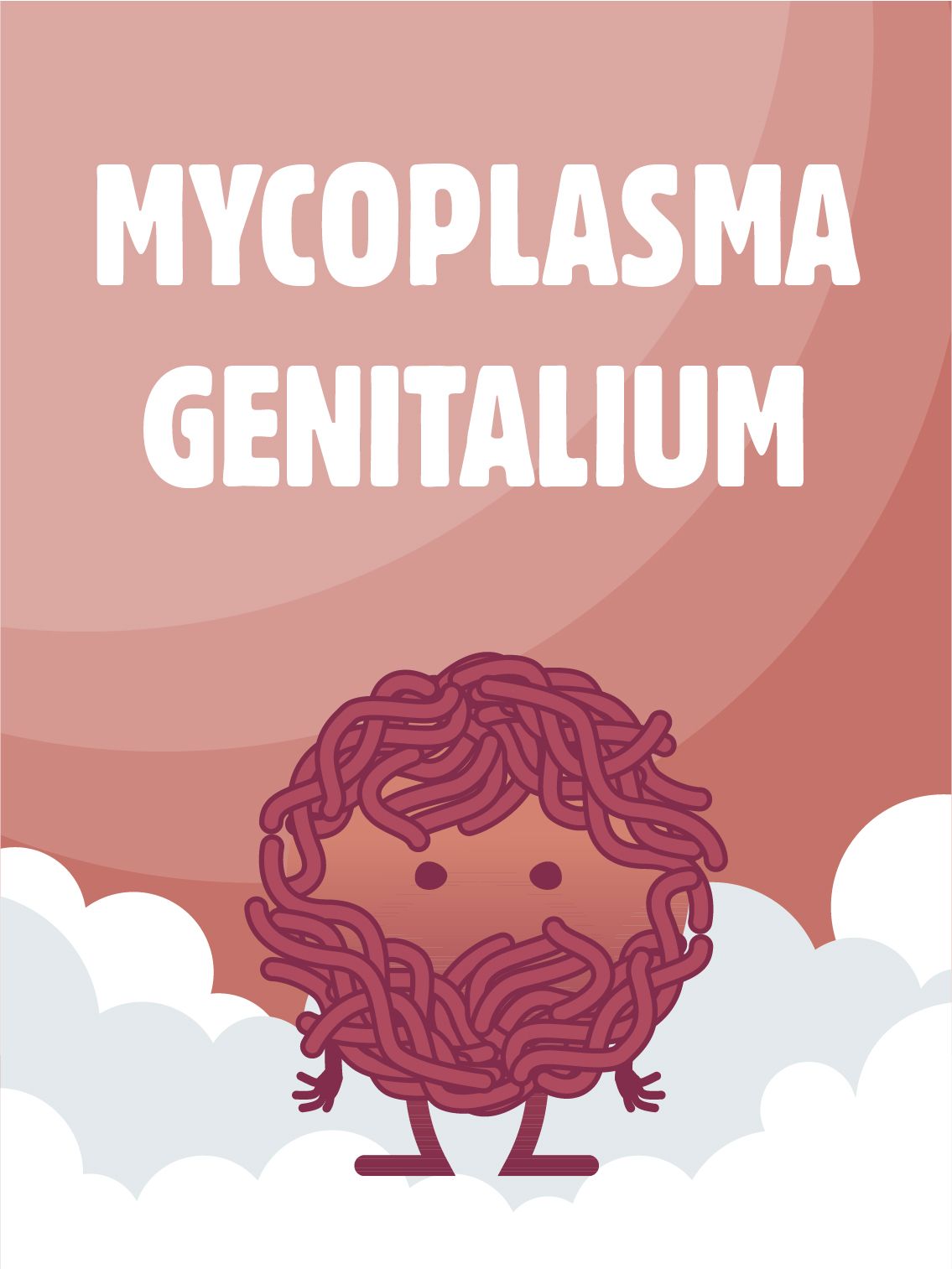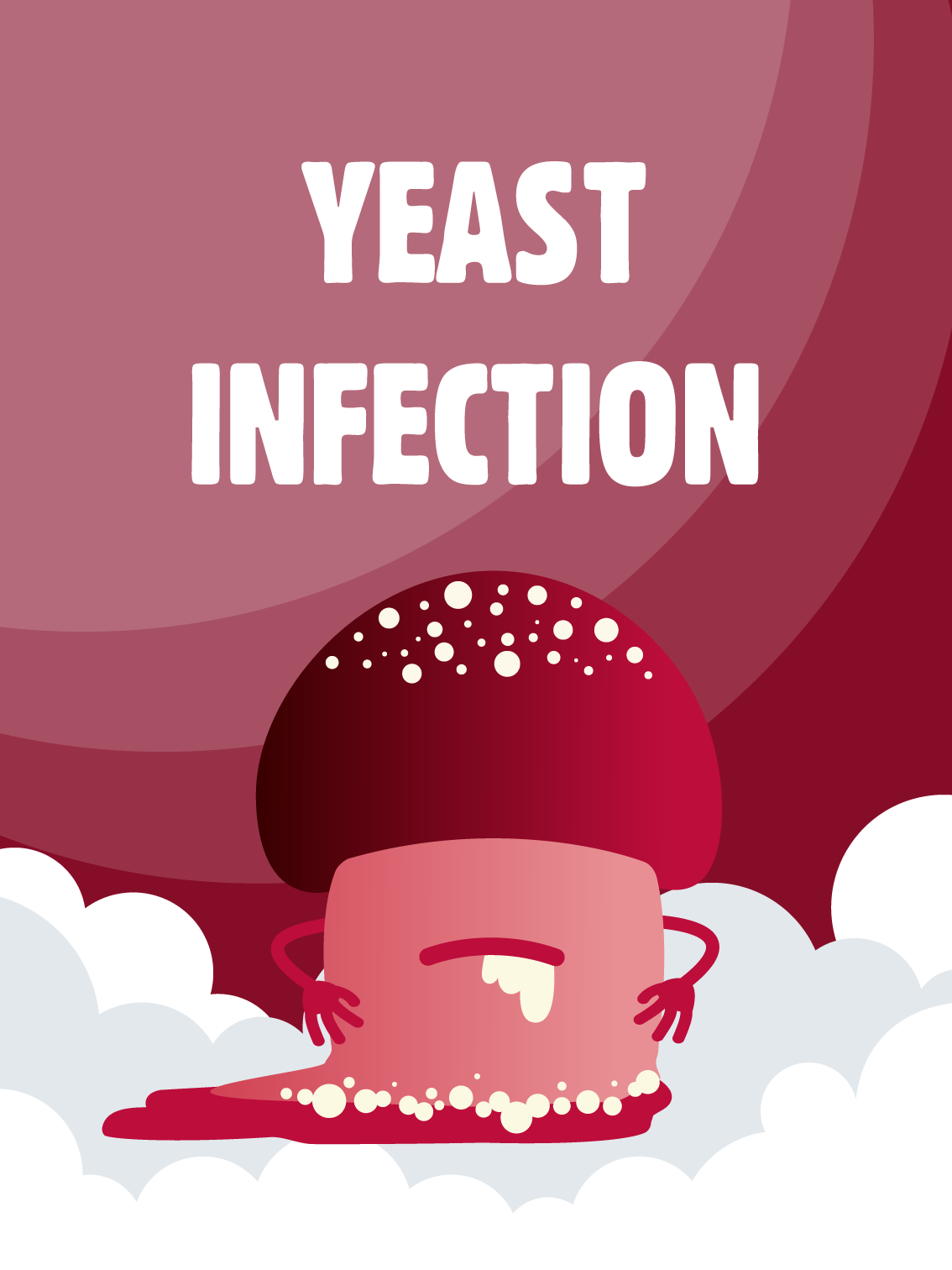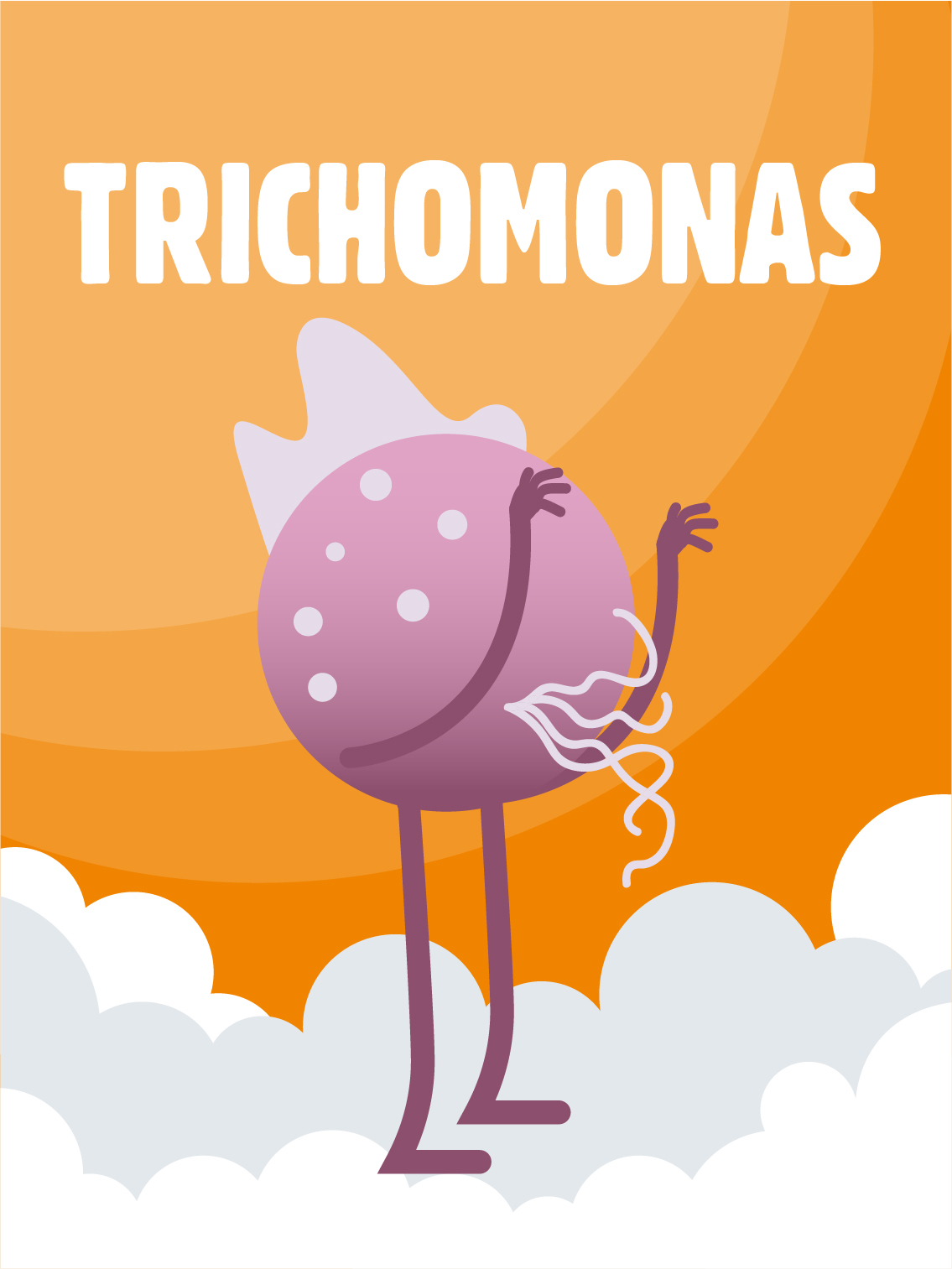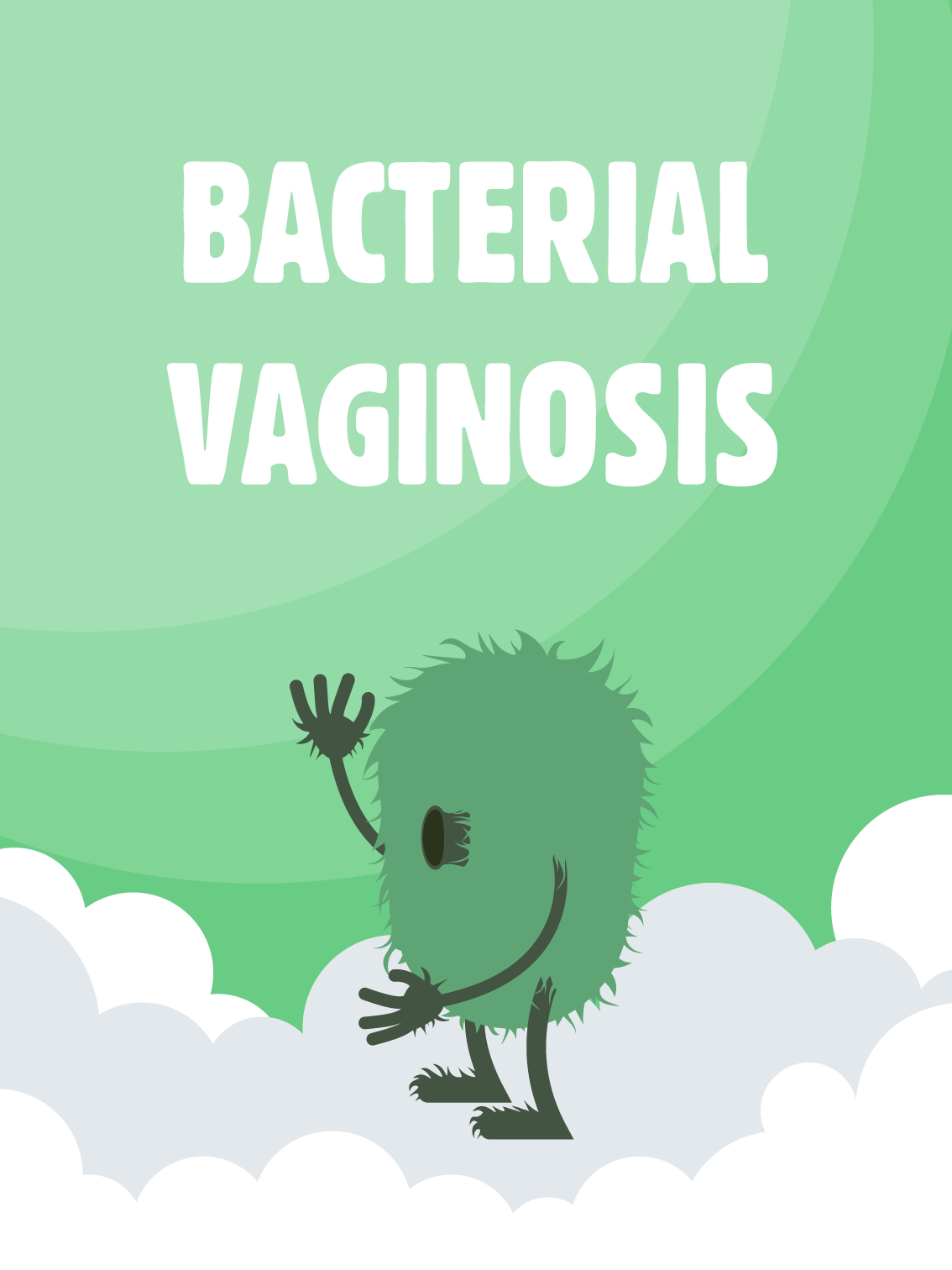HEPATITIS C

Hepatitis C is a sexually transmitted infection caused by the hepatitis C virus. A silent, discreet infection, it attacks liver cells and is transmitted by blood.
There is no vaccine against hepatitis C, but there are highly effective treatments. Hepatitis C can become chronic if not treated in time, leading to liver cirrhosis or cancer.
Hepatitis C is transmitted when contaminated blood comes into contact with your blood.
Main transmission routes :
- Sharing drug injection equipment (syringe, spoon, filter, water, cotton, tampon, etc.);
- Sharing equipment for smoking or snorting drugs;
- Sharing contaminated tattoo and piercing equipment (needles or other sharp objects, inks and tattoo guns);
- Reuse of single-use medical equipment ;
Other transmission routes :
- The lifespan of the hepatitis C virus in the open air is several days, and several weeks in a syringe. The virus can also be transmitted via dried blood (razors, hygienic equipment, etc.).
- Unprotected, traumatic and/or bloody intercourse (anal sex, fisting, intercourse during menstruation, lesions, sexual assault, etc.);
- During pregnancy or childbirth.
Hepatitis C is a silent infection, often without symptoms. However, in some people, a few symptoms may appear, signs of severe liver disease:
- fever
- fatigue
- loss of appetite
- nausea
- vomiting
- abdominal pain.
Other more specific signs may also appear, such as yellowish discoloration of the skin and eyes, and dark urine.
The onset of these symptoms is highly variable, and can occur from 2 to 6 months after infection, or even several years.
Since the symptoms are similar to those of other hepatitises, and hepatitis C is often asymptomatic, the only way to rule out infection is to get tested.
Even if you feel healthy, hepatitis C can damage the liver. In some cases, serious complications can occur, sometimes 20 to 25 years after infection, such as chronic hepatitis, cirrhosis, cancer, fulminant hepatitisboth of which can lead to death.
Screening is performed by blood test and/or rapid test.
Although spontaneous recovery is possible up to 12 weeks after infection, hepatitis C can be treated with oral antiviral drugs for 2 to 3 months, to eliminate the virus.
Be careful, you can always be reinfected, as the treatment does not give immunity.
Since January 1, 2019, hepatitis C treatment has been reimbursed for all those infected, even at an early stage of the disease.
There is currently no vaccine against hepatitis C.
To minimize the risk of contamination, preventive measures can be taken:
- use of sterile injection equipment
- use of your own smoking or sniffing equipment (available in pharmacies or ask for advice from an harm reduction association)
- avoid contact with blood (tattooing and piercing with non-sterilised equipment, etc.)
- use ofa condom (internal or external).
Symptoms of hepatitis C can go unnoticed, so it's a good idea to protect yourself and your partners after any risk-taking.
Sources
Public Health Agency of Canada, A. (2023, February 24). Hepatitis C: Symptoms and treatment. Canada.ca. https://www.canada.ca/fr/sante-publique/services/maladies/hepatite-c.html
The Basics of Hepatitis C. (n.d.). CATIE - The Canadian Source for HIV and Hepatitis C Information. https://www.catie.ca/fr/lessentiel/lessentiel-de-lhepatite-c
World Health Organization: WHO & World Health Organization: WHO. (2023b, July 18). Hepatitis C. https://www.who.int/fr/news-room/fact-sheets/detail/hepatitis-c
Hepatitis A, B, C, D and E. (s. d.). sciensano.be. https://www.sciensano.be/fr/sujets-sante/hepatites-a-b-c-d-et-e
How hepatitis C transmission occurs (n.d.). CATIE - The Canadian Source for HIV and Hepatitis C Information. https://www.catie.ca/fr/hepatite-c-un-guide-detaille/comment-la-transmission-de-lhepatite-c-a-lieu

